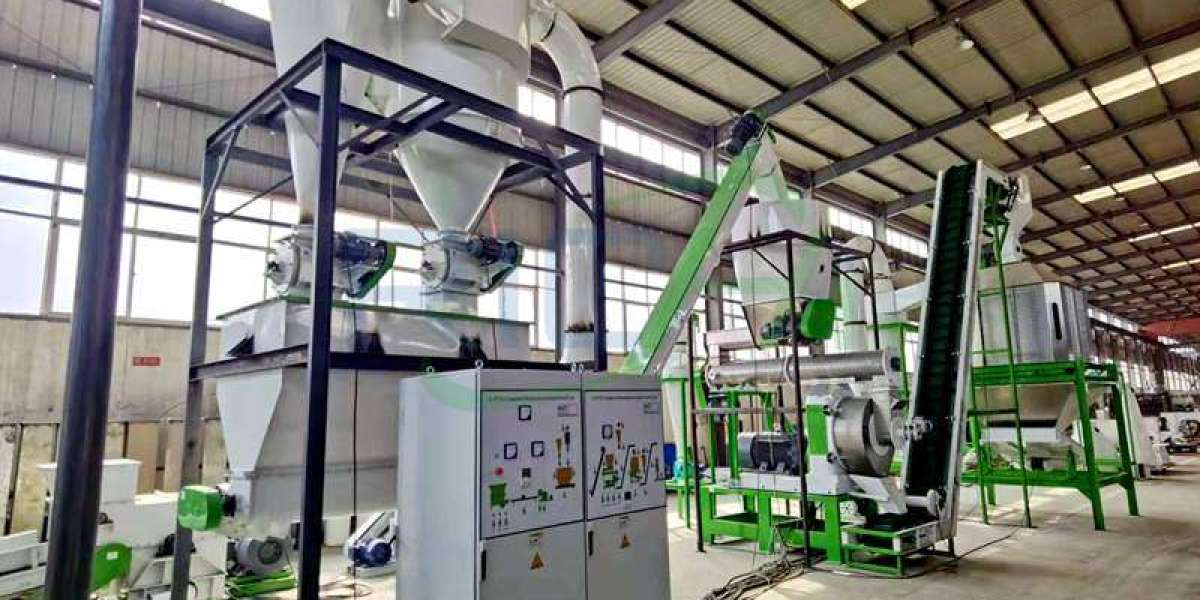In an era of evolving gender roles and societal expectations, the concept of masculinity is undergoing a profound redefinition. Men's work, a multifaceted approach to personal growth and self-discovery, offers men a transformative journey into the depths of their identities, emotions, and relationships. This article delves into the exploration of masculinity through men's work, highlighting its capacity to redefine traditional notions of manhood and cultivate a more authentic, compassionate, and empowered expression of masculinity.
Navigating the Terrain of Masculinity
Masculinity, as traditionally defined, has often been associated with characteristics such as strength, dominance, and emotional stoicism. However, the landscape of masculinity is far more complex and multifaceted than these narrow stereotypes suggest. Men's work provides a platform for men to navigate this terrain, exploring the diverse facets of masculinity and uncovering the unique expression of manhood that resonates with their true selves.
Embracing Vulnerability and Authenticity
At the heart of men's work lies the practice of embracing vulnerability and authenticity. In a culture that often discourages men from expressing emotions or seeking support, men's work offers a safe and supportive space for men to drop their masks and show up as their authentic selves. Through practices such as group sharing, emotional processing, and introspection, men in these spaces learn to cultivate greater self-awareness, empathy, and compassion towards themselves and others.
Challenging Traditional Norms
Mens work challenges the traditional norms and expectations that have long defined masculinity, encouraging men to question outdated stereotypes and societal pressures. Rather than conforming to rigid gender roles, men's work invites men to embrace a more expansive and inclusive vision of masculinity that honors diversity, empathy, and emotional intelligence. By challenging traditional norms, men in these spaces pave the way for a more equitable and compassionate society for all.
Healing Past Wounds
Many men carry with them unresolved wounds and traumas from their past – whether from childhood experiences, past relationships, or societal conditioning. Men's work provides a supportive environment for men to acknowledge and heal these wounds, allowing them to break free from patterns of pain, shame, and self-limitation. Through therapeutic modalities such as somatic therapy, breathwork, and trauma-informed practices, men can release stored tension and trauma from their bodies, leading to greater emotional resilience, well-being, and self-empowerment.
Fostering Connection and Brotherhood
One of the most powerful aspects of men's work is its capacity to foster connection and brotherhood among participants. In men's circles, retreats, and workshops, men come together to share their experiences, offer support, and hold space for each other's growth and healing. Through deep listening, empathy, and mutual respect, men in these spaces form bonds of friendship and solidarity that provide a source of strength and encouragement on their journey of self-discovery.
Cultivating Emotional Intelligence
Emotional intelligence – the ability to recognize, understand, and manage one's own emotions as well as those of others – is a key component of healthy masculinity. Men's work provides a platform for men to cultivate emotional intelligence through practices such as mindfulness, active listening, and conflict resolution. By developing greater self-awareness and empathy, men in these spaces learn to navigate their emotions more effectively and build healthier relationships with themselves and others.
Conclusion
In conclusion, men's work offers a transformative journey into the depths of masculinity, inviting men to redefine traditional notions of manhood and cultivate a more authentic, compassionate, and empowered expression of masculinity. Through practices such as embracing vulnerability, challenging traditional norms, healing past wounds, fostering connection, and cultivating emotional intelligence, men in these spaces embark on a journey of self-discovery, growth, and healing. As men redefine masculinity through men's work, they pave the way for a more inclusive, equitable, and compassionate society where all individuals – regardless of gender – can thrive and flourish.



